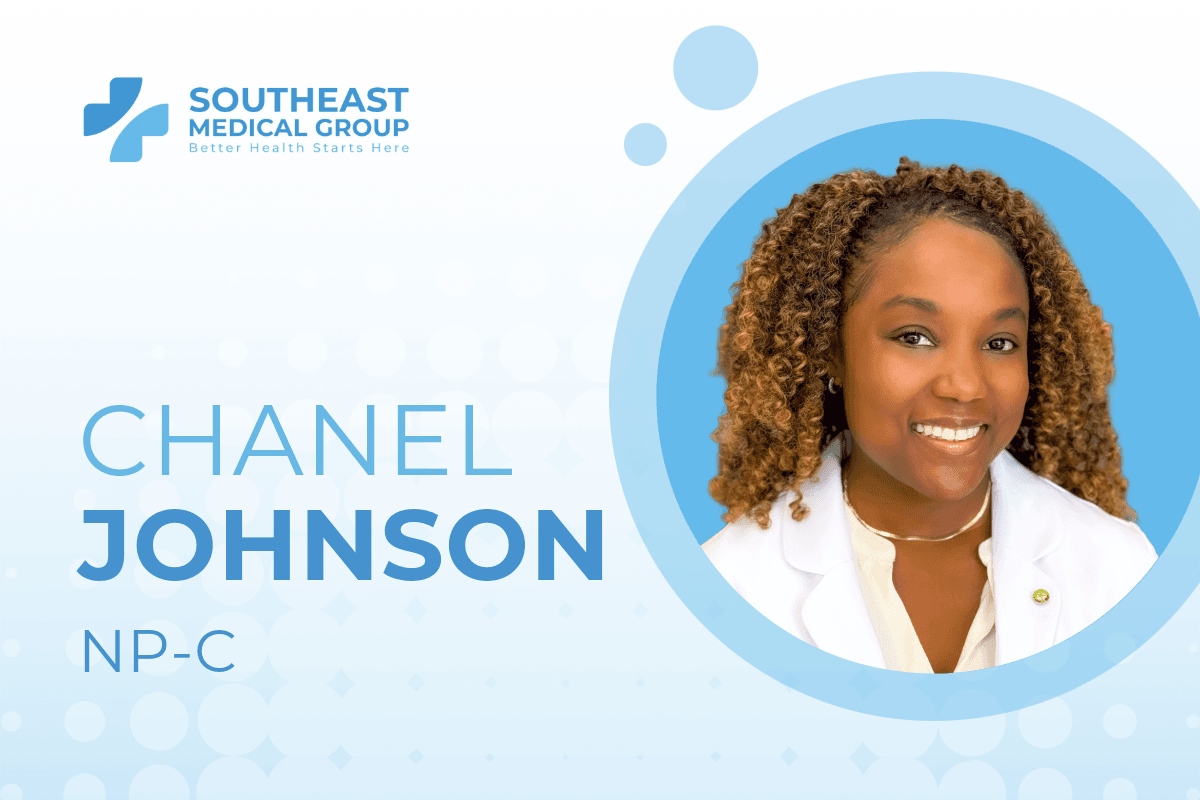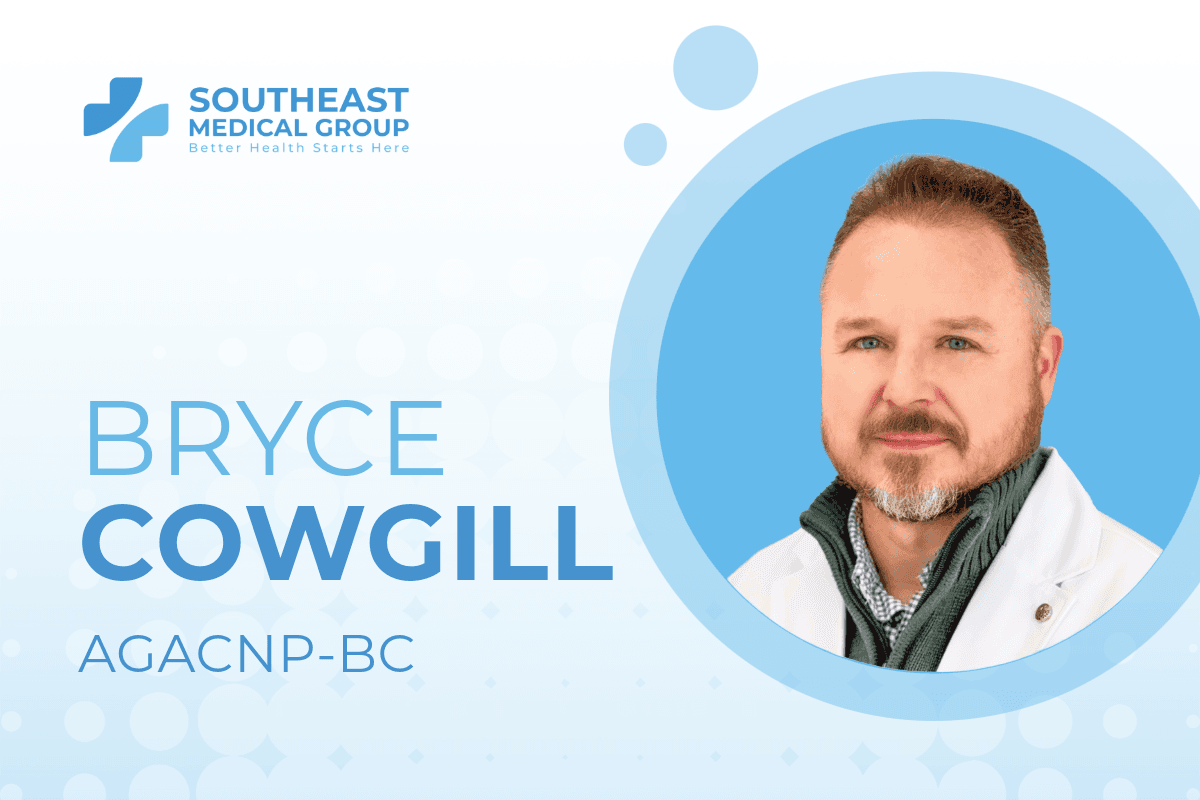Alzheimer’s Awareness Month: Supporting Patients and Caregivers

Each November, Alzheimer’s Awareness Month raises attention for the 6.7 million Americans and millions worldwide living with this complex condition, along with the caregivers who tirelessly support them. Understanding Alzheimer’s disease can ease some of its challenges for patients, families, and caregivers by emphasizing the importance of early diagnosis, ongoing support, and open communication with healthcare providers.
Understanding Alzheimer’s Disease
What is Alzheimer’s Disease?
Alzheimer’s is a progressive neurological disorder that affects memory, thinking, and behavior. It begins with mild memory loss and can lead to difficulties in managing daily tasks, language, and social interaction. Though it is the most common cause of dementia, each person’s experience with the disease is unique. Early recognition and proactive planning can improve the quality of life for both patients and caregivers.
Conversations with Your Primary Care Provider
Key Discussions with Your PCP
If you or a loved one has been diagnosed with Alzheimer’s, regular discussions with primary care providers (PCPs) are essential. Here are key topics to discuss:
- Treatment Options
- Although there is no cure for Alzheimer’s, medications can help manage symptoms. Ask your PCP about the potential benefits and side effects of these treatments.
- Cognitive Assessments
- Regular cognitive assessments help track disease progression and adjust care plans as needed. Discuss how often these assessments should be conducted.
- Planning for Advanced Care
- Early discussions about long-term care options, advance directives, and power of attorney can ease future decision-making.
- Behavioral and Psychological Support
- Alzheimer’s can lead to mood changes. Speak with your PCP about strategies to manage these symptoms.
- Safety Recommendations
- Patients may need support to stay safe at home. PCPs can recommend safety adjustments.
- Caregiver Support
- Caregiving can be overwhelming. Primary care providers can recommend respite services, support groups, and counseling.

Resources for Patients and Caregivers
Finding Support and Information
Here are some valuable resources available for patients and caregivers:
- The Alzheimer’s Association
- Website: Alz.org
- Services: Information on Alzheimer’s stages, local support groups, and access to a 24/7 Helpline.
- Alzheimer’s Foundation of America (AFA)
- Website: Alzfdn.org
- Services: Free memory screenings, educational materials, and access to licensed social workers.
- National Institute on Aging (NIA)
- Website: nia.nih.gov
- Services: Research on Alzheimer’s, free booklets, and fact sheets
- Caregiver Action Network (CAN)
- Website: caregiveraction.org
- Services: Tools, tips, and connections with other caregivers
- Local Memory Care Centers and Respite Services
- Services: These centers offer specialized care and support services for patients. Many offer day programs for caregivers.
Each step – whether a conversation with a PCP, finding a support group, or learning about new treatments – brings us closer to a world without Alzheimer’s. Through awareness, support, and connection, we can enhance the lives of patients and caregivers alike.


